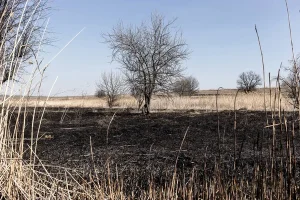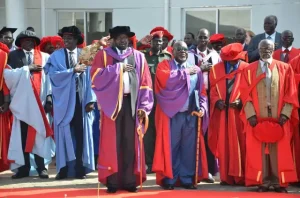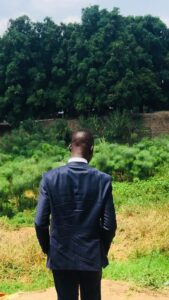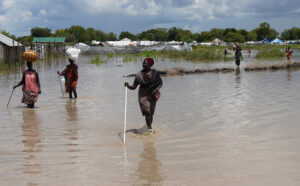A Way to Count on You – Rooting for the Environment in South Sudan
Blog Admin September 16, 2022 0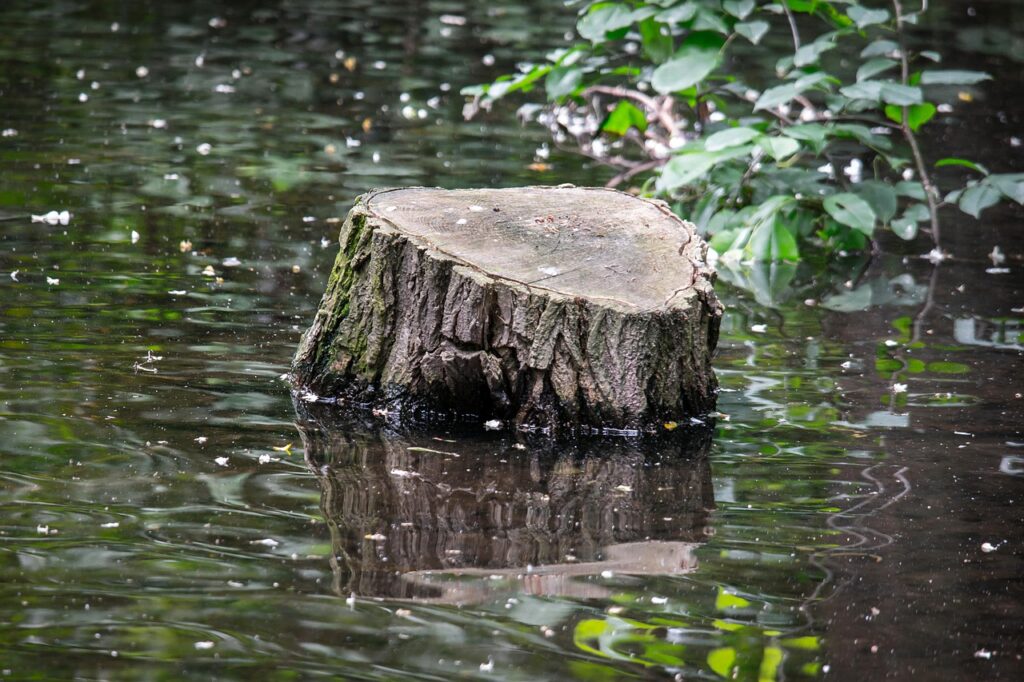
You believe you should not be worried about the state of our environment_ land, air, rivers, forests, etc.! You are mistaken. In a dataset the Ministry of Environment and Forestry published on its website, half of the population in South Sudan uses open ”burning” as a way of disposing of solid waste. To contextualize this dataset, let’s use the example of Bor, the capital of Jonglei state. Of all solid waste generated in the town, 62.4% is openly dumped, either finding its way to the Sudd Wetland or being openly burned in town with negative implications on the health of residents. This demonstrates a lack of proper waste management systems throughout the country.
But our environmental challenge is not only limited to waste management systems. Our water quality continues to deteriorate across the country. This is especially noticeable in oil-producing areas and urban settlements. Increased salinity of drinking water, for example, is observed in oil-producing areas, which is accompanied by high mortality in both humans and livestock, including birth defects. In Juba alone, water experts advise against drinking raw water from the White Nile because of pollution.
These examples show why you should root for the environment to ensure environmental protection and sustainably use our environment. There are several ways the environment can count on your support. You can push, say, your parliamentary representative, to support the enactment of environmental laws necessary to establish environmental governance structures like the Lead Agency which the Environmental Protection Bill, 2013, promises. This agency, under the bill, is responsible for coordinating environmental issues across sectors (petroleum, mining, land, water, etc). In terms of integrating environmental concerns in all developmental projects, the Agency would monitor and recommend projects where environmental audit or assessment is mandatory.
Holding accountable companies and institutions whose activities degrade the environment. The constitution actually makes it a duty of every citizen to protect the environment. Take forest as an example. Our land use system indicates that 72% of the total land is covered by trees and shrubs, while grasslands take up 23%. This makes up 95% of the total land of the country, a percentage that is also suitable for agriculture. Of the 72% that makes up the forest, the United Nations Environment Programme (UNEP) states that we are losing 2% of our forest every year to charcoal production and other human uses, and if this trend continues, they predict, we will lose all our forest within just 50 years.
But you may ask, is this problem not the very reason we have the Ministry of Environment and Forestry to handle? No one can argue with the fact that the ministry is vested with powers to protect, conserve and ensure sustainable use of our environment and forestry. The ministry has the responsibility to “provide policy guidance, direction and coordination of all stakeholders for protection, conservation and sustainable management of the environment.” Yet, upon reflection, the institution is failing at its primary task_ to ensure environmental concerns are integrated into projects or activities which adversely affect the environment. In 2015, Nhial Tiitmamer, an environmental researcher with Sudd Institute, evaluated the environmental provisions of the Petroleum Act, of 2012, to establish how these provisions are being implemented or enforced. The findings reveal a total disconnect between what is happening and what the environmental authorities are doing: “We found that environmental provisions in the Act have not been implemented as expected, no wonder that environmental degradation has continued. Only 23% of environmental standards, which have no reference to the Petroleum Act 2012, have been enforced and most of this enforcement happened before the Act was passed.”
Just like how you, individually or collectively, came out and opposed the digging of Jonglei Canal in the 1980s, here too, the whole nature (environment) in South Sudan needs your action now more than anytime in our history. Can the environment count on you? Take a stand today!

